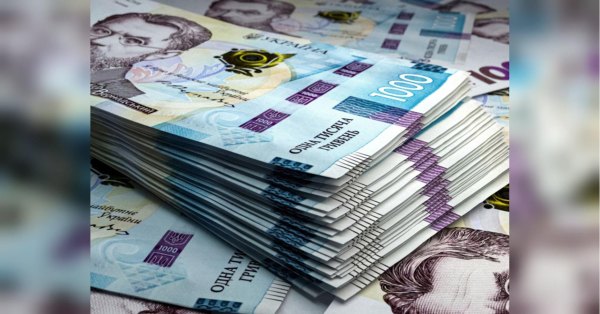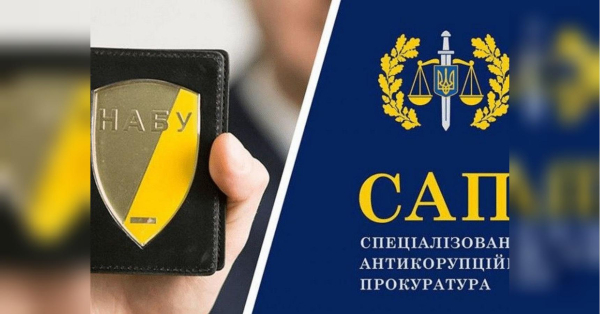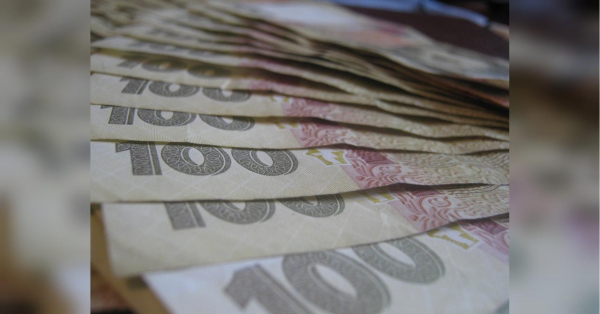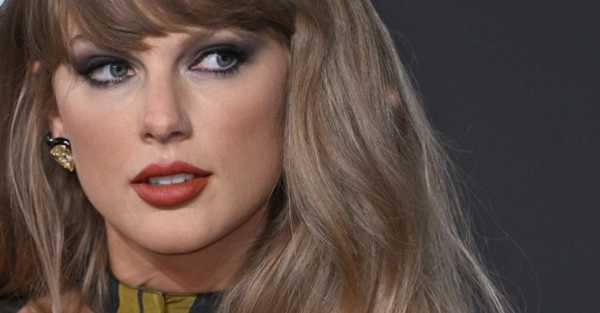
Downing Street has rejected the suggestion that there was a perceived conflict of interest over the British prime minister attending a Taylor Swift concert and meeting the star, after UK government involvement with discussions over her security.
The UK prime minister’s official spokesman also said that Sir Keir Starmer would not refer himself to the independent adviser on ministers’ interests over the interaction which has come under scrutiny amid questions over the British government’s involvement in security talks for the summer events.
It emerged last week that London mayor Sadiq Khan and UK home secretary Yvette Cooper were involved in talks over security for the concerts after which Swift was granted a blue-light escort – a type of protection usually reserved for royalty and politicians.
And on Tuesday night, it was confirmed that the UK prime minister and his family met the pop star at one of her shows at Wembley in August.
Asked if he accepted there was a perceived conflict of interest, the UK prime minister’s official spokesman said: “No, on the basis that the decision making in this case was for the Met (police) operationally and independently.
“However, the Government is clear that it is entirely routine for discussions to take place around events of this scale and magnitude to ensure that they take place safely and smoothly.
“But the bottom line is that the decisions in this case are for the Met and the Met alone.”
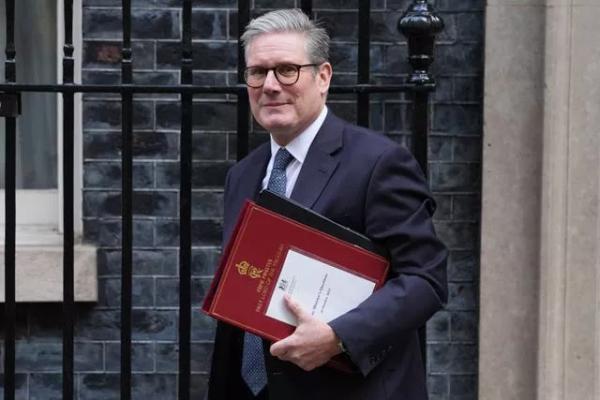
According to the ministerial code, ministers must ensure that no conflict arises – or could “reasonably be perceived to arise” – between their duties and their private interests.
The code states that it is the “personal responsibility” of each minister to decide if “action is needed to avoid a conflict or the perception of a conflict”.
This should take account of advice from the relevant civil servants and the independent adviser, the code states.
Asked if the UK prime minister would be referring himself to the adviser over the matter, the spokesman told reporters: “First and foremost on this, the decisions that the Metropolitan Police take are taken independently of the Government.
“The Met Police have made clear that they are operationally independent, that their decision making is based on a thorough assessment of threat, risk and harm and circumstances of each case.”
Pushed again on the question, he added: “No, on the basis that the decisions taken by the police were operationally independent.”
The matter was not being looked into by Sir Laurie Magnus, the independent adviser.
The UK prime minister and his family talked with the pop star and her mother for around 10 minutes after the show in August.
It is understood that there was no discussion of security arrangements during the conversation and that the chat centred on the Southport attack.
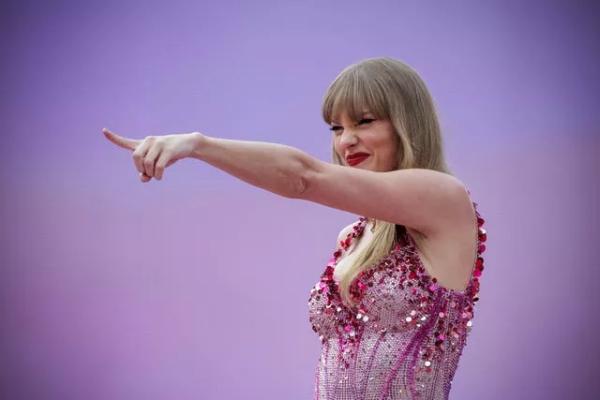
Swift’s shows in Vienna earlier that month were cancelled over a terror threat.
The revelations about the encounter came after Downing Street had earlier declined to confirm whether Mr Starmer met the singer at the sell-out show.
The tickets to the gig came from Universal Music and they were among the items the prime minister repaid earlier this month amid a row over freebies.
Mr Starmer said he would cover the cost of around £6,000 of gifts and hospitality he received since entering office following the donations backlash, as well as committing to changing ministerial hospitality arrangements to improve transparency.
Mr Starmer is not the only senior politician to have received tickets for the concerts.
On Wednesday afternoon, UK technology secretary Peter Kyle became the latest to declare that he had received tickets.
An entry in the latest register of members’ financial interests shows that he received two tickets and hospitality for him and a guest worth a total of £584 from the Football Association (FA) on August 15th.
Sourse: breakingnews.ie
